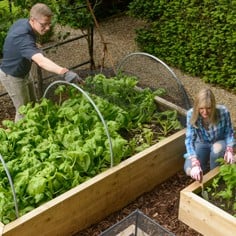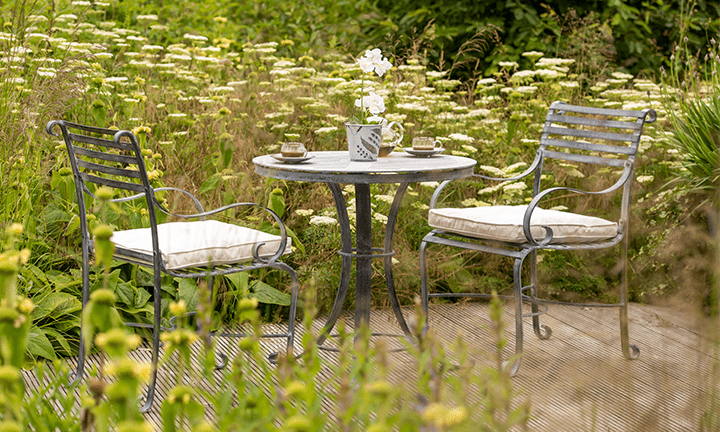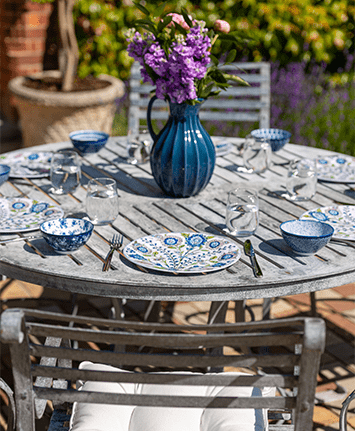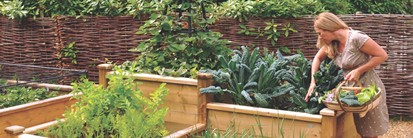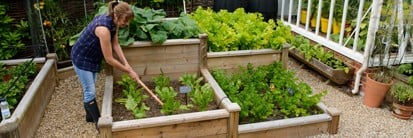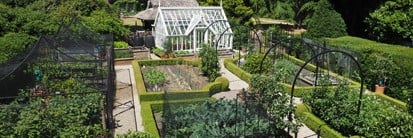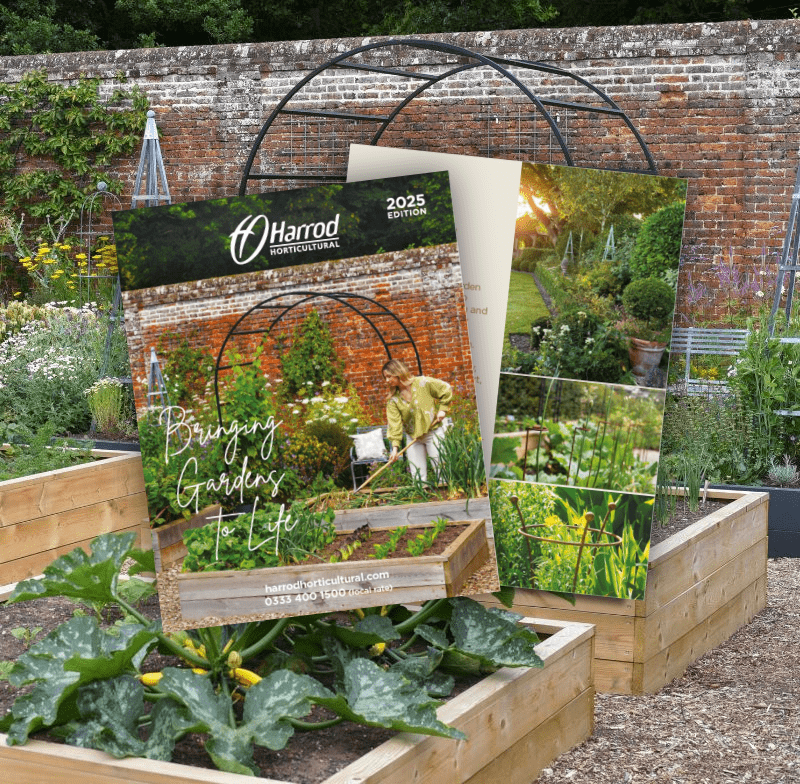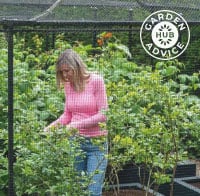Composting is a great subject for the school curriculum. It embraces science, nature and really opens our eyes to the environment and the future - oh, and I forgot history as it's been around for quite a while! Let's fast forward back to the present day and see what our horticulturist Martin Fiddes has to say about composting in schools and what materials you really shouldn't be putting in your compost bin, heap or tumbler.
Compostumblers generally produce usable compost far more quickly than a conventional bin or heap and although this may not be of utmost importance in this situation, it does take a lot of the basic heap maintenance away. I presume that from an educational stance – and knowing how impatient children can be – the quicker you can see results in the bin, the better!
 Unfortunately, although the Compostumblers are highly efficient at rapidly breaking down compostable matter and can produce core temperatures of almost 70°C in the degradation phase, they are not recommended by either the manufacturer or myself for decomposing the usual ‘frowned upon’ types of kitchen waste - meat, bones and dairy products. As well as attracting rats (not the most popular visitors to a school premises I would imagine!) - although this is not so much a problem with the relatively vermin-proof tumbler – which you don't really want nesting in your compost heap, the high temperatures attained are often not maintained for a long enough period to kill off any undesirable pathogens and bones in particular – although good for creating air spaces – will not break down in a hurry. How feasible it is for you to filter out these composting ‘bad guys’ I’m not sure but it would certainly help with filling your tumbler.
Unfortunately, although the Compostumblers are highly efficient at rapidly breaking down compostable matter and can produce core temperatures of almost 70°C in the degradation phase, they are not recommended by either the manufacturer or myself for decomposing the usual ‘frowned upon’ types of kitchen waste - meat, bones and dairy products. As well as attracting rats (not the most popular visitors to a school premises I would imagine!) - although this is not so much a problem with the relatively vermin-proof tumbler – which you don't really want nesting in your compost heap, the high temperatures attained are often not maintained for a long enough period to kill off any undesirable pathogens and bones in particular – although good for creating air spaces – will not break down in a hurry. How feasible it is for you to filter out these composting ‘bad guys’ I’m not sure but it would certainly help with filling your tumbler.
Most councils are now using highly sophisticated ‘in vessel’ computer controlled composting systems which heat the waste deposited in your green (the colour varies across the county) wheelie bins to a precise temperature for a certain period so all meat and dairy waste is pre-treated prior to natural windrow composting.
You might also be interested to hear about the Animal By-Products Regulations 2003 which forbids the composting of catering waste without prior approval, although this does not extend to home composting and was introduced primarily to prevent outbreaks of animal disease such as foot and mouth and avian flu. The regulations state that you must not keep ruminant animals and pigs on your premises (unlikely in a school!) and any chickens must not be able to gain access to the compost bin during decomposition.
The very best way of composting cooked kitchen waste is to use a wormery and from an educational viewpoint, you might want to supplement your composting activities with one of these incredible systems. Once established, worm colonies are fascinating to observe – especially for children – and they will happily accept and devour any excess kitchen waste along with shredded paper and produce a fine, very high quality compost known as wormcast, which I’m sure you’ll find a use for in the school garden or even sell to boost funds! A wormery does take a little looking after (school holidays in particular) but as there are some on the market that can be easily moved, this may not be an issue.






